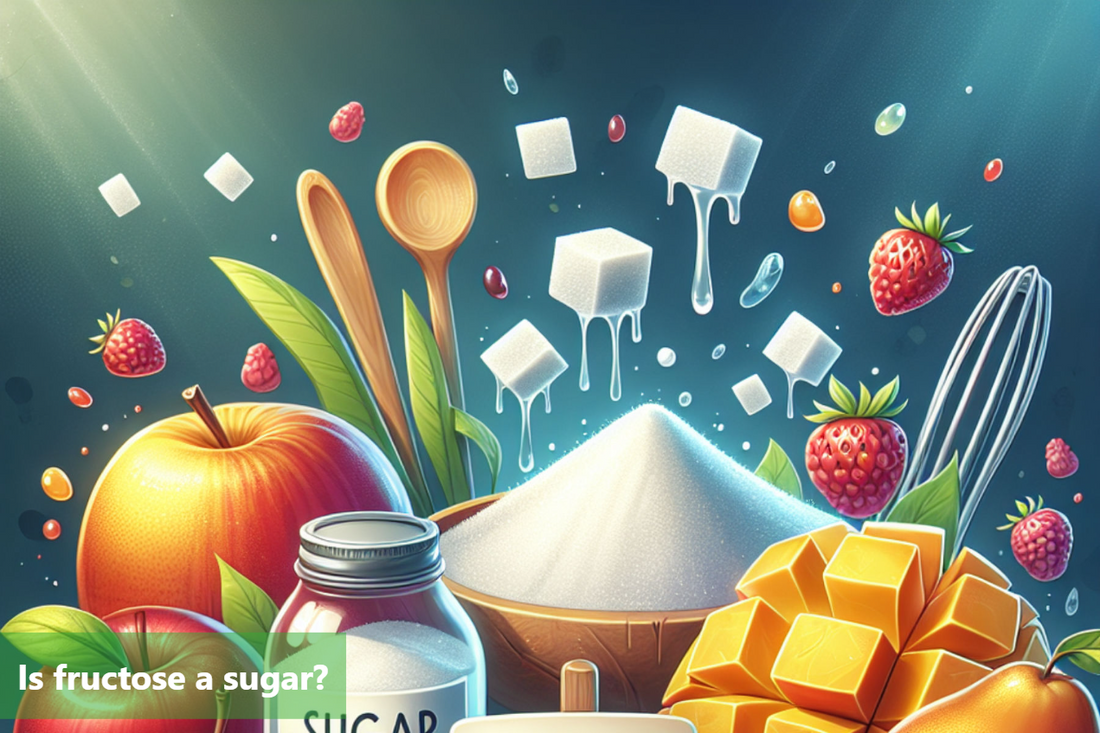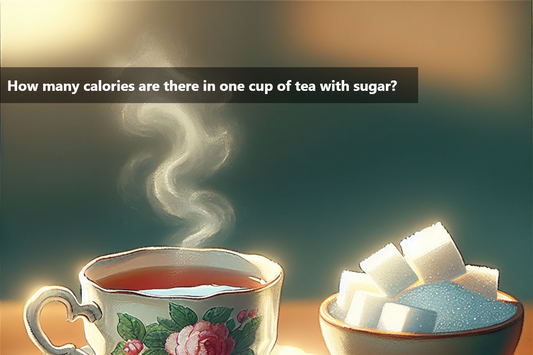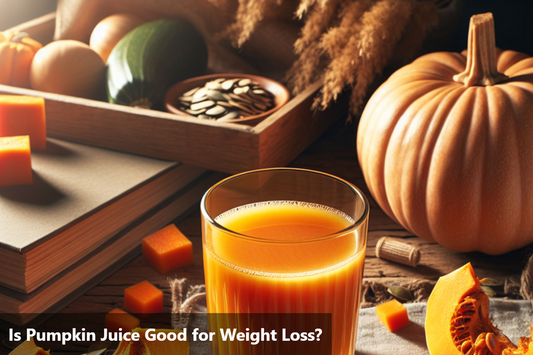Fructose and sugar are important topics in nutrition. Fructose, a natural sugar in fruits, differs from other sugars. It is a simple sugar that offers sweetness and energy. Sugar includes glucose, sucrose, and fructose. Fructose is metabolized in the liver, while glucose is metabolized in tissues. Understanding these differences is key to making healthy choices. This sets the stage for exploring fructose and sugar further in this blog.
Chemical Composition of Fructose and Sugar
-
Fructose, also known as fruit sugar, is a natural ketonic monosaccharide found in fruits, honey, and vegetables.
-
On the other hand, sugar, or sucrose, is a disaccharide containing glucose and fructose molecules. The ongoing debate questions whether fructose qualifies as sugar. Fructose and glucose are basic sugar components. When combined in table sugar, they form sucrose, highlighting the complex nature of sugar structures. The unique molecular composition of fructose, comprising carbon, hydrogen, and oxygen atoms, contributes to its sweet taste. Understanding the distinct chemical properties of these sweeteners sheds light on their roles in human consumption and metabolism.
Debunking the Myth: Fructose vs Sugar
To clarify misunderstandings about fructose and sugar, it's important to know how they are different. Both fructose and sugar taste sweet, but they have unique qualities. Some people mistakenly think fructose is the same as sugar. Actually, sugar covers many kinds of sweet substances, including fructose. Fructose is a sweet type of sugar found naturally in fruits, honey, and veggies. When looking at their tiny parts, you'll see that fructose is one kind of sugar, but not all sugars are just fructose. For example, regular table sugar, or sucrose, is made up of glucose and fructose. This difference shows that sugar can be tricky to sort out, and it's crucial to be accurate about labeling. So, it's not right to say fructose and sugar are exactly the same. While fructose adds to the sugar amount in some foods, it's not the only sugar in the mix. Understanding this difference is key for smart food choices and correcting misunderstandings about fructose and sugar.
Health Benefits of Naturally Occurring Fructose
1. Nutrient-Rich Source:
Fruits and vegetables that contain fructose are also rich in essential vitamins and minerals, such as vitamin C, potassium, and folate, which are important for overall health.
These foods are also high in phytonutrients and antioxidants, which can help protect against chronic diseases.
2. Dietary Fiber
Fruits and vegetables containing fructose also provide dietary fiber, which aids in digestion and helps maintain a healthy gut. Fiber slows the absorption of sugar, including fructose, leading to more stable blood sugar levels and reducing the risk of blood sugar spikes.
3. Low Glycemic Index
Many fruits have a low to moderate glycemic index, meaning they cause a slower and more gradual increase in blood sugar levels compared to refined sugars.
4. Hydration
Many fruits have high water content, contributing to hydration and providing a sense of fullness, which can aid in weight management.
5. Weight Management
The fiber and water content in fruits can promote feelings of fullness, reducing overall calorie intake and supporting weight management efforts.
Health Implications of Consuming Fructose
-
Fatty Liver Disease: Excessive consumption of fructose can increase the risk of developing fatty liver disease due to its unique metabolism in the liver.
-
Insulin Resistance: The metabolism of fructose in the liver can lead to insulin resistance, which is a risk factor for type 2 diabetes when consumed in large quantities.
-
Obesity: Studies indicate that a high intake of fructose may contribute to obesity due to its impact on appetite regulation and fat storage in the body.
-
Heart Disease: Excessive fructose consumption has been linked to an increased risk of heart disease, primarily through its effects on metabolism and fat storage.
Understanding these health implications is crucial for individuals to make informed choices regarding their dietary intake of fructose and overall health.
Bottom line:
In wrapping up this blog, we have delved into the realm of fructose and sugar, unravelling their intricacies and differences. Fructose, a natural sugar found in fruits and honey, possesses a distinct sweetness and molecular structure that sets it apart from other sugars like glucose and sucrose. It is vital to understand that while fructose is indeed a type of sugar, it showcases unique metabolic pathways and effects on the body.
Throughout our exploration, we have navigated through the discussions on whether fructose can be unequivocally classified as a sugar. Despite its categorization as a sugar due to its inherent sweetness and chemical composition, the metabolic processes it undergoes highlight its nuanced relationship with conventional sugars.
In conclusion, it is evident that while fructose is a sugar in essence, its distinctive characteristics and metabolic impact warrant a nuanced perspective. It is not merely a matter of labeling but an appreciation of the complexities within the realms of fructose and sugar. By recognizing the peculiarities of fructose in comparison to other sugars, we can better comprehend its role in our diets and health outcomes.
FAQs:
Is fructose a type of sugar?
-
Yes, fructose is a natural sugar found in fruits, honey, and some vegetables.
Is fructose bad for my health?
-
Consuming fructose in moderation from whole foods like fruits is generally not harmful. However, excessive consumption of added fructose in processed foods may have negative health effects.
Does fructose contribute to weight gain?
-
Excessive consumption of high-fructose corn syrup, a common sweetener in processed foods, has been linked to weight gain and other health issues. Consuming fructose from whole foods in moderation is less likely to cause weight gain.
How does fructose affect blood sugar levels?
-
Fructose has a low glycemic index as it does not raise blood sugar levels as quickly as other sugars like glucose. However, consuming large amounts of pure fructose may still have negative effects on blood sugar control.
Can individuals with diabetes consume fructose?
-
Individuals with diabetes should monitor their fructose intake as part of their overall carbohydrate intake. Consuming fructose from whole fruits in moderation is generally safe for most individuals with diabetes.
This Blog post is an initiative by DiabeSmart, to provide accurate and Nutritionist / Doctor approved information related to Diabetes. DiabeSmart is India's first Food brand designed specifically for Diabetics, that has been clinically tested on Diabetics and Pre-Diabetics to deliver 55% - 70% lower Sugar spikes. DiabeSmart is part of Lo! Foods - India's leading brand for Everyday Functional Health foods.











